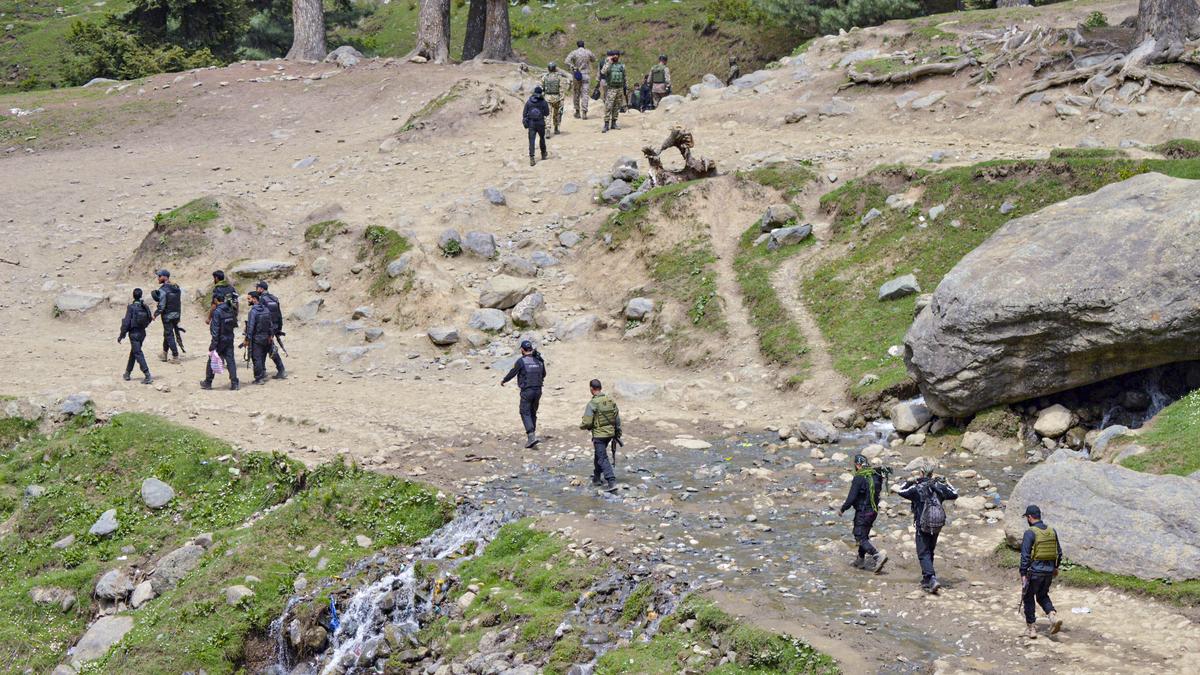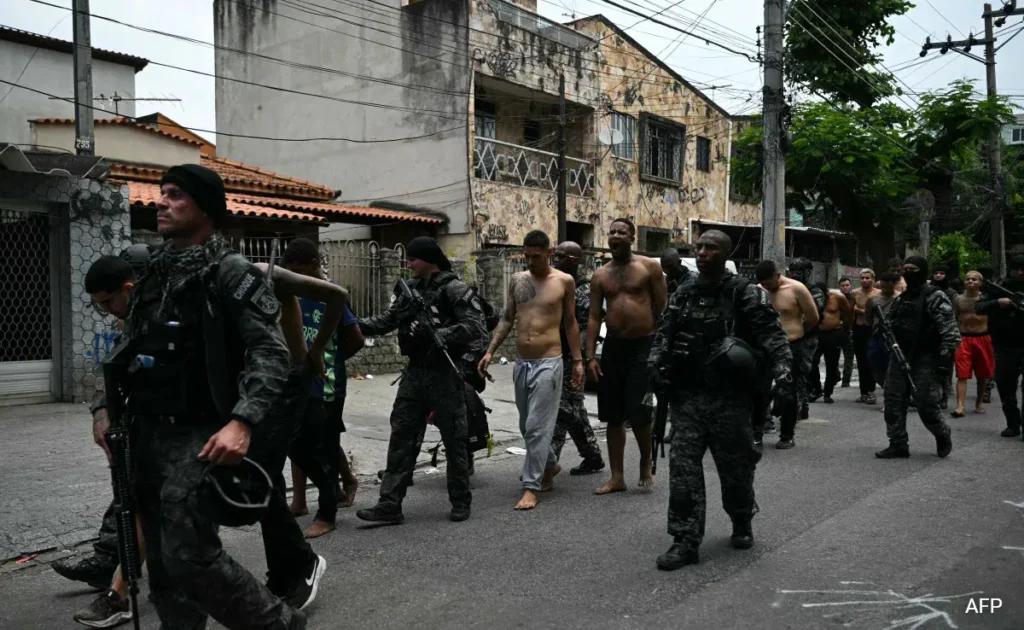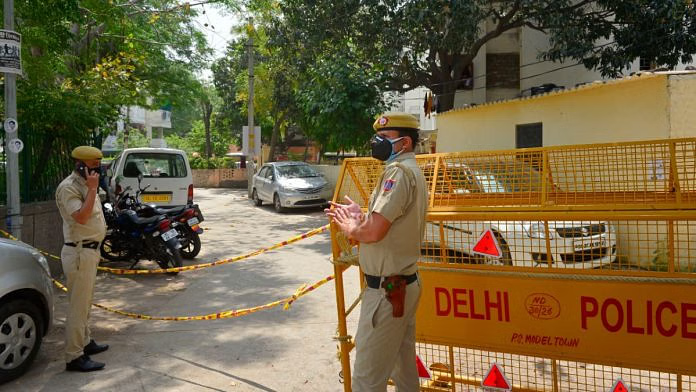Now Reading: Pahalgam Attack: J&K Police Arrest “Overground Worker” for Alleged Logistical Support
-
01
Pahalgam Attack: J&K Police Arrest “Overground Worker” for Alleged Logistical Support
Pahalgam Attack: J&K Police Arrest “Overground Worker” for Alleged Logistical Support

In a latest twist in the Pahalgam terror case, Jammu and Kashmir Police have arrested a 26-year-old individual from Kulgam accused of being an “overground worker” who aided terrorists with logistical support. This arrest marks a key development in the investigation, tying local collaboration to the April massacre of tourists, and shining light on the complex networks behind terror operations.
Who Was Arrested and Why
The person arrested is Mohammad Yousuf Katari, believed to have supplied logistical assistance to terrorists linked with the Pahalgam attack. Authorities say careful probe work exposed his role in operations that aided militants, though whether he played a direct part in the attack is still under scrutiny.
The J&K Police carried out the arrest even as the National Investigation Agency handles broader aspects of the case. Katari’s detention is the third in the unfolding narrative of support networks behind the carnage.
What the Pahalgam Attack Was
On April 22, armed militants struck the Baisaran meadow in Pahalgam, resulting in the deaths of 26 people, many of them tourists. The assailants reportedly separated victims by religion, leading to targeting of Hindu tourists. The attack sent shockwaves not only across Kashmir, but across India’s security and tourism sectors.
Subsequent operations, including the so-called Operation Mahadev, targeted militants believed to be responsible, with security forces eliminating those individuals in forested terrain.
The Role of Local Enablers
In the aftermath, investigators have zeroed in on local overground workers (OGWs) — non-uniformed individuals who assist militants with logistics, shelter, transport or intelligence. Reports suggest that as many as fifteen local OGWs have been identified as part of the facilitation network behind the Pahalgam strike.
Katari’s arrest underscores the challenge of isolating militant actors from the communities they embed in. When local support mixes with external infiltration, the reach of terrorist operations becomes harder to trace.
Challenges Ahead for the Investigation
Proving the depth of Katari’s involvement will require evidence: call data, finances, movement records and witness testimony. The distinction between passive complicity and active engagement is vital.
Investigators must also guard against broader community backlash, ensuring that innocent individuals aren’t swept up merely on suspicion. In sensitive regions like Kashmir, maintaining public trust is as crucial as securing arrests.
Conclusion:
Katari’s arrest marks a turning point in the Pahalgam case, bringing focus to the indispensable — though often hidden — role local collaborators play in terror attacks. As probe agencies dig deeper into the network, the case may reveal how communities, militants and security forces interact in high-tension zones. For Kashmir and the rest of India, the stakes go beyond retribution; this is about undermining systems that enable violence.

























